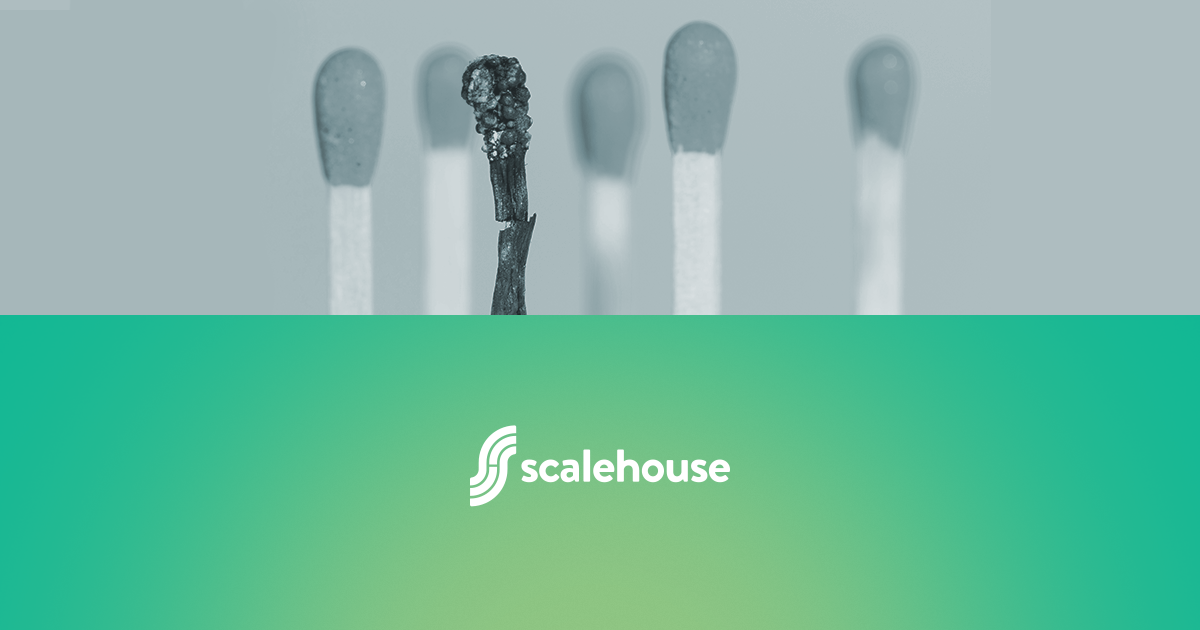The New Trifecta: Workism, Busyness and Burnout
 Jackie Rousseau-Anderson
Jackie Rousseau-Anderson
"I'm so busy!" As summer (for many of us) winds down and conference season and Q4 ramps up, this mantra will echo louder and louder. We trade stories of miles flown, cities visited, sleepless nights counted, deals saved, speeches given. The tally of these items becomes a proxy score for our value as an employee, our stature as a professional. “She must have a very important job,” we think, “she is always so busy!” We’ve come to equate busyness with professional status and we’ve come to equate professional status with self-identity. That combination equates to… burnout.
At the heart of this issue is the concept of workism. According to Derek Thompson, workism is, “the belief that work is not only necessary to economic production, but also the centerpiece of one’s identity and life’s purpose.”
Work as a component of self-identity isn’t inherently bad. The critical distinction in workism is making work the centerpiece of one’s identity. When our work becomes the core component of how we define ourselves, it becomes impossible to untangle work and life. How can we reject workism and the busyness that supports it and drives us to eventual burnout? Here are a few tips:
Schedule it All
Research has repeatedly shown that we are more effective working on focused tasks than multi-tasking. Time-blocking helps focus attention while creating a map, illustrating where we're spending (and/or wasting) time and energy. By color-coding activities, we can quickly see what’s taking up the most time while identifying what’s missing. If you’re not a time-boxer, do it for two weeks and then analyze the results. You’ll be amazed at how much productivity you can identify and redirect toward tasks you never seem to find time for. Busy doesn’t equal productive!
Schedule Nothing
This seems contradictory, but it isn’t. It’s important to schedule time to do nothing. Literally nothing. My former Forrester colleague, Sarah Rotman-Epps, recently shared her experiences from Facebook’s Recharge program, which affords employees an extra 30 days off every five years. At a yoga retreat she attended during this time they scheduled time for “sacred idleness”. This time was focused on doing nothing while recognizing that that time is just as valuable, and necessary, as time spent being “productive”. For many of us, myself included, doing nothing can feel uncomfortable.
Re-Examine Your Drivers
This one is a little harder (okay, a lot harder). Sometimes we need to hit pause (in small and large ways) to reassess our “whys”. Why do I feel the need to chime in on this email thread? Why do I put in a lot of hours at work each week without feeling any sense of accomplishment? By understanding the whys driving our actions and responses, we can identify ways to interrupt habitual responses that foster busyness and find ways to incorporate activities that support other (non-work) parts of our identity.
To combat busyness and workism we first need to recognize it. Sarah encourages others to, “approach how you do something with as much intention as what you do.” In work, and in life, there’s a difference between doing something to get it done (means to an end) versus doing something with intention. Sarah acknowledges making this switch at work may impact how many emails she reads or how many meetings she attends, but she can guarantee that she is fully present, and focused, on those tasks she’s attending to.
In becoming more mindful, we can interrupt the busyness cycle and work smarter, not harder. Limiting our available time naturally forces us to select the tasks that are most important while releasing busyness drivers that lead to burnout. This natural selection process can also highlight our “whys” if we take time to analyze what’s staying on our schedule and what’s falling off. As we slide into conference season and the end of the year, let’s see if we can burn the busy badge of honor and focus on tasks that fulfill the work and non-work centric parts of our identities.


